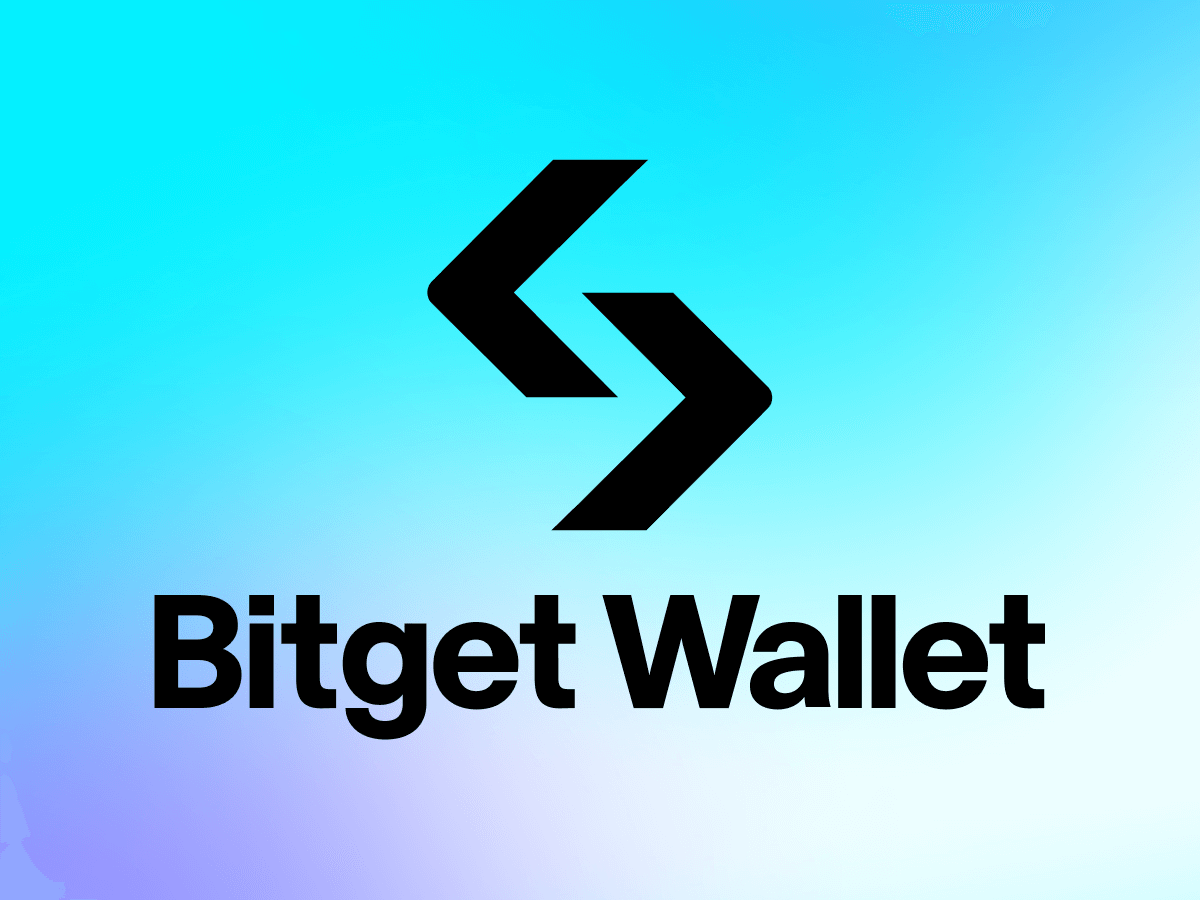Why Multi-Chain Wallets and Cross-Chain Swaps Are Game-Changers for DeFi Users
So I was thinking about how messy managing crypto has gotten lately. Seriously, juggling different wallets, hopping across chains, and trying not to lose your mind—it’s a headache. At first, I assumed that sticking to one blockchain was the easiest way to keep things sane. But then, after a few frustrating attempts to move assets across networks, I realized that multi-chain wallets with built-in cross-chain swap features are the future.
Whoa! Imagine not having to trust a dozen bridge protocols or pay insane gas fees every time you want to shift tokens. Instead, you get a seamless interface that handles multiple blockchains and lets you swap assets in one place. It’s like having a Swiss Army knife for DeFi. But here’s the thing: many wallets claim to do this, but very few nail the balance between security, usability, and real multi-chain support.
Check this out—my experience with the bitget wallet extension gave me a fresh perspective. It’s not perfect, mind you, but it covers a lot of bases that other wallets don’t even touch. From integrated portfolio management to cross-chain swaps, it’s designed for folks who want to stay nimble without compromising on safety.
Something felt off about earlier wallet designs—they either focused too much on trading or just storing assets, but rarely both. And when multi-chain support was added, it usually meant clunky interfaces and confusing steps. But the trend is shifting. Now, users expect not just to hold tokens but to actively manage and trade them across chains from a single place.
Okay, so check this out—cross-chain swaps used to make me very very nervous. The thought of losing funds to a failed bridge or waiting hours for confirmation was enough to keep me on one chain. However, the newer wallets that use smart routing and decentralized liquidity pools across chains have changed the game. They cut down wait times, reduce fees, and minimize risks.
Why Portfolio Management Matters More Than You Think
Managing your crypto portfolio across multiple blockchains isn’t just about convenience. It’s about clarity. You know, it’s easy to forget or misplace assets when they’re scattered across wallets and chains. I’m biased, but a good multi-chain wallet should show you your total holdings, track performance, and even alert you to opportunities—all in one dashboard.
Initially, I thought a simple balance overview was enough, but then I realized I needed deeper insights. For instance, how my DeFi positions were performing across Ethereum, Binance Smart Chain, and Polygon. Actually, wait—let me rephrase that… It’s not just about performance; it’s also about spotting risks like impermanent loss or protocol changes that could affect my holdings. A wallet that integrates this info saves time and mental energy.
On one hand, dedicated portfolio trackers exist, but they usually require manual syncing or API connections, which can be a headache and raise privacy concerns. Though actually, having it all integrated directly into your wallet—where your keys and assets live—feels much more intuitive and secure. This is where the bitget wallet extension shines, blending portfolio management with trading and cross-chain swaps.
Here’s what bugs me about some wallet extensions: they promise tons but end up being bloated or slow. That’s why I appreciate the balance bitget strikes—it’s lightweight yet surprisingly powerful. Plus, the fact that it’s a browser extension means you can interact directly with DApps without complicated setups.

Really? Yes. Check this out—the process of swapping tokens across chains used to involve multiple steps: sending tokens to a bridge, waiting for confirmation, then claiming on the target chain. Now, with wallets like bitget, the extension abstracts all that complexity. You choose your tokens, select the target chain, and the wallet does the heavy lifting behind the scenes. It’s seamless and fast, which is crucial when markets move quickly.
Security: The Elephant in the Room
I’ll be honest, security is the part that always keeps me up at night. Multi-chain wallets handling cross-chain swaps sound like a hacker’s paradise if done poorly. But the truth is, modern wallets are adopting non-custodial designs, keeping private keys on your device, and using secure signing methods. The bitget wallet extension, for instance, leverages these principles without adding unnecessary friction.
Something else that’s often overlooked is how these wallets handle approvals and permissions. I’ve seen way too many users blindly approve infinite token allowances, which can be a disaster. Good wallet UX nudges users to be cautious, and some even automate revoking unused permissions. This kind of thoughtful design isn’t just nice to have—it’s very very important.
Hmm… one thing I’m not 100% sure about is how these wallets will scale with the increasing number of chains popping up. Right now, the big players like Ethereum, BSC, and Polygon get most attention, but what about emerging Layer 2s or niche chains? The adaptability of multi-chain wallets will be tested as DeFi diversifies further.
My instinct says that wallets that can plug into multiple liquidity sources and adapt their cross-chain routing dynamically will win. That’s why I keep an eye on projects like the bitget wallet extension—they’re building with flexibility in mind, integrating a growing list of chains and protocols.
The Road Ahead for DeFi Users
Honestly, it’s an exciting time. The dream of a truly unified crypto experience—where you manage assets, trade, and swap seamlessly across chains—is becoming reality. But we’re still in the early days. Wallets need to keep improving UX and security without sacrificing decentralization.
Oh, and by the way, if you haven’t checked out the bitget wallet extension yet, it’s worth a look for anyone serious about multi-chain DeFi. It’s not just about holding tokens; it’s about mastering your crypto universe from one spot.
Wrapping back to where I started: multi-chain wallets and cross-chain swaps aren’t just conveniences—they’re essential tools for any DeFi user wanting real control. Sure, there are bumps and risks, but the benefits far outweigh them if you pick the right tools.
So yeah, I’m cautiously optimistic. The crypto space has a knack for surprising us, and with wallets like bitget advancing the game, managing your portfolio across chains might soon feel as easy as scrolling through your favorite app. And honestly, that would be a breath of fresh air.

Recent Comments